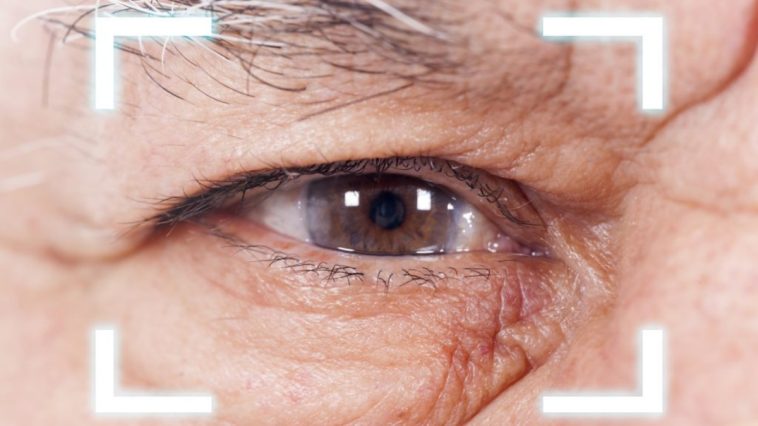Cataract surgery is a common and highly effective procedure that restores clear vision by removing the clouded lens from the eye and replacing it with an artificial one. While the surgery is relatively straightforward, proper aftercare is essential for a smooth and successful recovery. Understanding what to expect after surgery and following a structured recovery plan can help to speed up the healing process and ensure the best possible outcomes. Here are some essential aspects of cataract surgery recovery and aftercare that will help you navigate this critical period with confidence.
Immediate Post-Surgery Care: Setting the Foundation for Recovery
The first few hours and days following cataract surgery are crucial for setting the foundation for a successful recovery. You will most likely experience blurred vision and mild discomfort right after the procedure as your eye heals. Rest and avoiding any physically demanding tasks are crucial during this initial period. Specific recommendations, such as the usage of prescription eye drops to minimize inflammation and prevent infection, will be provided by your expert cataract surgeon. Protecting your eyes from bright light and physical contact is critical, so wearing sunglasses and an eye shield, especially while sleeping, is advised. It’s essential to schedule follow-up appointments with your surgeon to track your progress and quickly address any problems.
Managing Discomfort and Promoting Healing
It is normal to experience some discomfort and visual disturbances following cataract surgery. You might notice symptoms such as itching, light sensitivity, and watery eyes. To control these symptoms and encourage recovery, it is essential to use the recommended eye drops as instructed. Pain relievers available over the counter could help in reducing any discomfort. Avoid rubbing or pressing on your eye, as this can disrupt the healing process. To avoid infections, keep your environment clean and hygienic. Before using eye drops or touching your eyes, make sure your hands are clean. While you’re sleeping, keeping your head up will help minimize swelling and speed up healing.
Resuming Daily Activities: Gradual Reintegration
It is best to gradually resume everyday activities after cataract surgery to facilitate a seamless recovery and prevent problems. Although you may normally resume mild activities after a day or two, it’s vital to follow the recommendations of your cataract surgeon when it comes to more strenuous tasks. For at least a week, avoid heavy lifting, bending over, and other activities that can put pressure on your eye. Reading, watching television, and using digital devices can resume as soon as you feel comfortable, but take frequent breaks to prevent eye strain. Maintaining a well-rounded schedule that includes enough rest will help in the healing process and enable you to resume your regular activities without experiencing any difficulties.
Long-Term Care and Vision Improvement
Following cataract surgery, long-term care includes routine examinations and continuing supervision of the eye’s health. You must attend all scheduled follow-up appointments with your cataract surgeon to monitor your progress and address any emerging issues. Your eyesight will steadily become better over time, usually reaching its ideal clarity within weeks. Your surgeon will assist you in determining whether you need glasses or contact lenses to finetune your vision. Sustaining a healthy lifestyle can improve the long-term results of your surgery and support your general eye health. This includes eating a balanced diet high in vitamins and minerals.
Recognizing and Addressing Complications
Although cataract surgery is typically safe, to protect your eye health, you must be on the lookout for any possible issues and take immediate action to treat them. Complications can include persistent pain, sudden or significant changes in vision, or infection symptoms such as redness, swelling, and discharge from the eye. These symptoms should never be ignored, as they can indicate a serious problem that requires immediate attention from your cataract surgeon. If you experience any of these symptoms, contact your cataract surgeon right away. Regular monitoring and early intervention are critical for managing any issues that arise.
Understanding the potential risks and remaining vigilant about your eye health will ensure that you get the most out of your cataract surgery without unnecessary complications.
Conclusion
Recovering from cataract surgery involves a combination of immediate post-operative care, managing discomfort, gradually resuming activities, and ongoing long-term care. Follow your cataract surgeon’s instructions and take a proactive approach to your recovery to achieve optimal vision and eye health. Keep in mind that each patient’s road to recovery is different, so pay attention to your body and stay in touch with your healthcare professional throughout the process. You can soon experience the bright, clear vision that cataract surgery can provide with the right care and attention.




